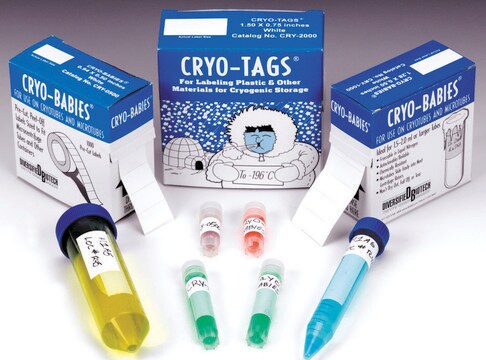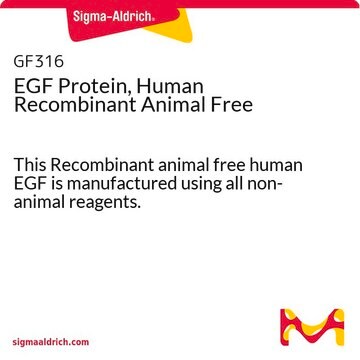MAB5460
Anti-Nkx2.1 Antibody, clone 8G7-G3-1
ascites fluid, clone 8G7-G3-1, Chemicon®
Synonym(s):
TTF-1, Thyroid Transcription Factor-1
About This Item
Recommended Products
biological source
mouse
Quality Level
antibody form
ascites fluid
antibody product type
primary antibodies
clone
8G7-G3-1, monoclonal
species reactivity
human
packaging
antibody small pack of 25 μL
manufacturer/tradename
Chemicon®
technique(s)
immunohistochemistry: suitable (paraffin)
western blot: suitable
isotype
IgG1
NCBI accession no.
UniProt accession no.
shipped in
dry ice
storage temp.
−20°C
target post-translational modification
unmodified
Gene Information
human ... NKX2-1(7080)
Specificity
Immunogen
Application
Immunohistochemistry. The antibody can be used on formalin-fixed paraffin embedded tissue. Heat induced epitope retrieval is recommended.
Optimal working dilutions must be determined by end user.
Quality
Other Notes
Legal Information
Not finding the right product?
Try our Product Selector Tool.
Storage Class Code
10 - Combustible liquids
WGK
WGK 2
Regulatory Listings
Regulatory Listings are mainly provided for chemical products. Only limited information can be provided here for non-chemical products. No entry means none of the components are listed. It is the user’s obligation to ensure the safe and legal use of the product.
JAN Code
MAB5460:
MAB5460-25UL:
Certificates of Analysis (COA)
Search for Certificates of Analysis (COA) by entering the products Lot/Batch Number. Lot and Batch Numbers can be found on a product’s label following the words ‘Lot’ or ‘Batch’.
Already Own This Product?
Find documentation for the products that you have recently purchased in the Document Library.
Our team of scientists has experience in all areas of research including Life Science, Material Science, Chemical Synthesis, Chromatography, Analytical and many others.
Contact Technical Service








